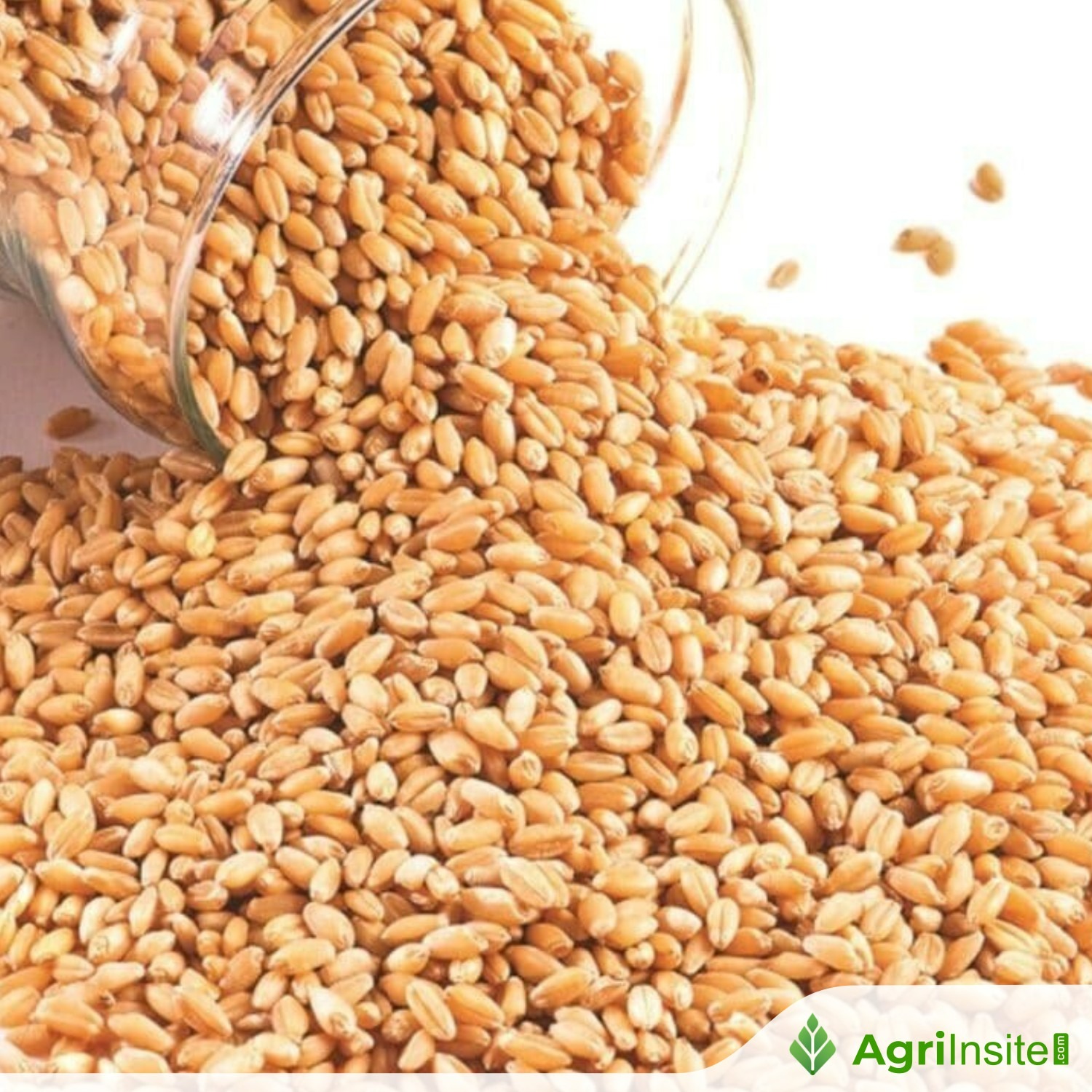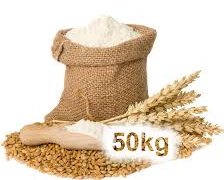Iraq bears high cost for wheat surplus

Iraq faces a $500 million loss due to a wheat surplus of 1.5 million tons, driven by improved rainfall and government support, which pays farmers above global prices. The country’s strategic reserves exceed 5.5 million tons, ensuring stability in flour prices. Iraq, now self-sufficient in wheat, has shifted to desert farming amid ongoing drought and water scarcity.
Baghdad (IraqiNews.com) – The Iraqi government is losing about $500 million as a result of a bountiful wheat crop and a massive grain surplus in the country, which is one of the major wheat importers in the Middle East.
The surplus in Iraq’s wheat crop, which reached 1.5 million tons, is a result of better rainfall than anticipated and, more importantly, government funding, according to Reuters.
To stimulate the production of the essential grain amid often dry circumstances, the government gives farmers more than double the price on the global market.
The Director of the General Company for Grain Trade, Haider Nouri, revealed last week that Iraq’s strategic reserves of wheat are currently over 5.5 million tons.
Nouri explained that this large stock of wheat is sufficient for one year to meet local demand, underscoring that flour prices will not rise with any global crisis, according to the Iraqi News Agency (INA).
In July, the state company responsible for purchasing grain in Iraq announced that it bought 6.3 million tons, the most locally produced wheat ever recorded in its history.
The Iraqi Minister of Trade, Atheer Al-Ghurairy, said in March that Iraq has become self-sufficient and does not require the import of wheat in order to maintain its strategic stocks.
Al-Ghurairy stated in January that Iraq does not plan to import wheat this year because the country has large stocks sufficient for seven months with expectations of a bumper crop.
The Iraqi Ministry of Agriculture mentioned earlier that Iraq, where the population is 43 million people, requires between 4.5 million and 5 million tons of wheat every year.
The huge yield produced in 2023 reflects the shift towards cultivating wheat in desert areas using groundwater instead of Iraq’s decreasing river water, as the country is going through the worst drought recorded in its history.
Iraq was self-sufficient in wheat during the three years before the war in Ukraine, with production of 4.7 million tons in 2019, 6.2 million tons in 2020, and about 4.2 million tons in 2021.
However, factors such as water scarcity and desertification led to a decrease in the local production of wheat, prompting the Iraqi government to import wheat to cover the shortfall.
Source Link : https://www.iraqinews.com/iraq/iraq-bears-high-cost-for-wheat-surplus/

















